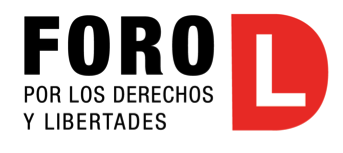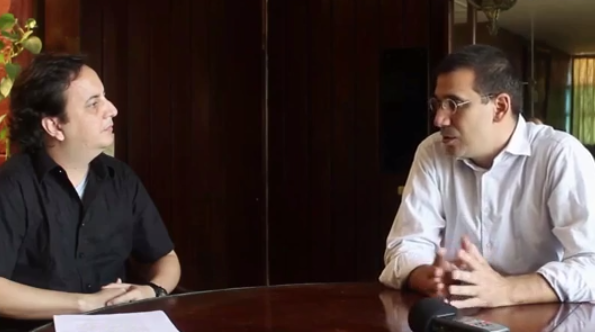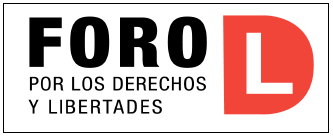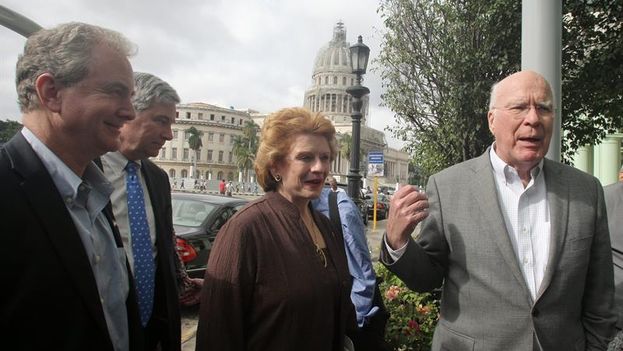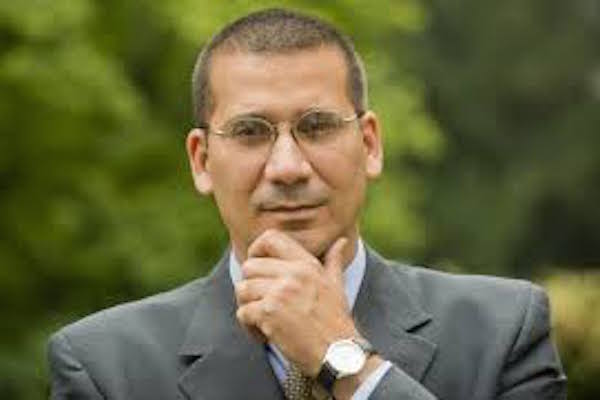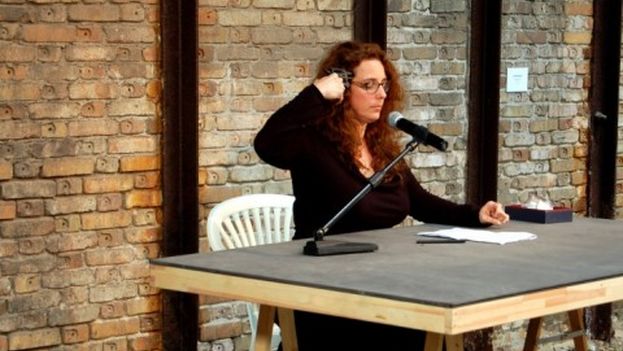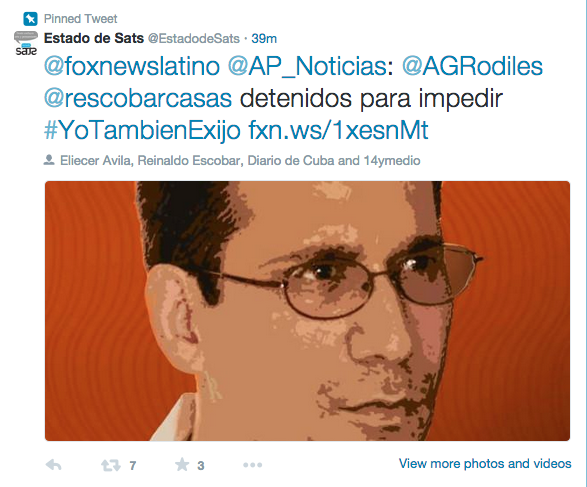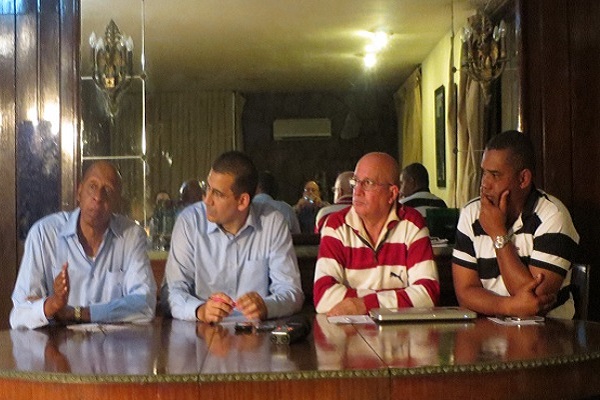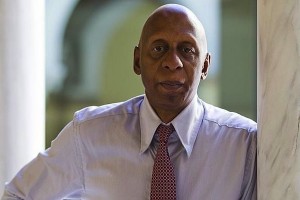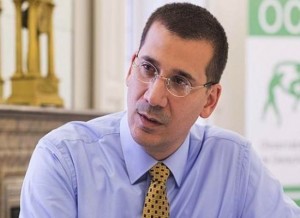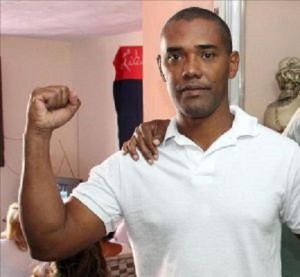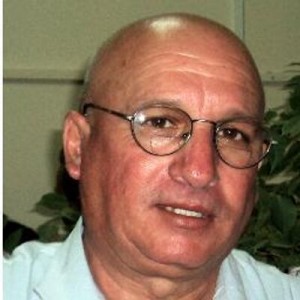The polarization that exists today within the ranks of country’s opposition regarding the United States’ new policy toward Cuba does not necessarily imply a confrontation but does continue reading
, in fact, reveal each person’s position quite clearly.
The position to be adopted by the North American government in supporting change in our country will be of vital importance. We should not feel any sense of shame in accepting it. In a global world such as the one in which we live, it would be naïve not to accept that fact, even more so if in that country resides an important portion of the Cuban population. The presence of political exiles, professionals, entrepreneurs, and even Cuban Americans within the ranks of government provides for a unique and maybe even special feature in our country’s transition and its future reconstruction. In that respect, it becomes very difficult to find a similar political, economic, and social setting when speaking of transition in Cuba. Likewise, blocs such as Europe can be key actors in the process of change if they assume their corresponding leadership role within the international scene.
The usual comparisons with other transition processes should be carefully selected. To take the Spanish transition as a reference turns out to be inexact at the extreme due to the enormous distance between Francoism and Castroism, but some elements can be considered. Spain’s economic condition in the 1960s, the makeup of a social fiber that included trade unions and politicians that favored a transformative process for a society that pushed toward modernization and for which the regime was a nuisance. The country possessed all of the ingredients to enter a process of transformation taking Western Europe as a reference.
In the Polish case we should point out that the negotiating table was set up after years of struggle and repression where the international scene also exerted constant and effective pressure. The signing of the Helsinki Accords and support from the West and leaders of such importance as Margaret Thatcher, Ronald Reagan, and the crucial role of Pope John Paul II allowed the independently run Polish trade Union Solidarity to reach 10 million members. When in 1989 the Soviet Union advised General Jaruzelski that it would not intervene under any circumstance, the Polish elite understood that time was slipping away. Only under these conditions could the negotiating table come to pass.
The Chilean case is also very distinct from ours. Stability depended on a middle class formed under a series of liberal economic transformations promoted by Milton Friedman that strayed far from those started by Raúl Castro and his advisory group, spearheaded by Marino Murillo. Once again, there was a great international pressure that obligated the regime, and the dictator especially, to accept the undertaking of a plebiscite and its result, even though it was against his wishes. Despite how bloody the Chilean dictatorship was, its social structure and dynamics were far more complex than ours, preventing political patronage from establishing as a form of government.
Never will Cubans be responsible for their futures if the regime can continue to violate fundamental freedoms with complete impunity.
As I’ve mentioned in various previous articles, the primary promoters of the Espacio Abierto, or “Open Space,” Reinaldo Escobar, Yoani Sánchez, and Dagoberto Valdés, have been fervent defenders of the unconditional lifting of the embargo and also of seeking dialogue with the regime. If those are their visions, why not say so and debate them publicly?
Why deny the existence of polarization, divergences, and even confrontation if it is a reality? We attempt to construct a democracy, and within one those are very natural elements. Open debate will be crucial not only for political actors but also for Cubans to discover what positions they agree with the most and which they are willing to stand by. Current positioning regarding today’s policies does exhibit different political profiles, visions of transition, and forms of building the future of the Island.
This group’s arguments, as well as those of the North American administration, are unstable and should be submitted to greater debate. Of what empowerment do we speak when no Cuban can survive without breaking the law and personal success is based on the capacity to cheat and corrupt? Of what empowerment do we speak when the differences between those who have profitable businesses and those who don’t are based on nepotism and political loyalty to the regime? To start a successful small business with such high taxes and inspectors’ constant harassment is an impossible task.
To use a supposed logic of strengthening society and to generate the false image that any Cuban can grow as an entrepreneur is to play sadly along with the regime and allow it to further postpone a successful transfer of power. Never will Cubans be responsible for their futures if the regime can continue to violate fundamental freedoms with complete impunity. Never will Cubans be able to become empowered if the regime enjoys access to economic resources that will allow it to maintain and develop its repressive apparatus. The reality of 57 years is there to show us what Castroism really is.
To construct hope for change on a foundation of corruption, political patronage, and nepotism is to condemn the future of our nation. It’s not to understand that a nation can only be reborn when it springs from more clean and fresh bases. We will not be the first to transit down those roads of decomposition and arrive at places that will later be extremely difficult to dismantle.
To defend a position and to act in a moment as delicate as this one without stopping to consider other highly probable scenarios is proof of having little political vision, of being unable to adapt or change one’s views or of having only a personal interest.
To say that all of us who oppose the government have no rallying power or that we do not represent the people is to play the regime’s tune.
The “Open Space” promoters have hoped to demonstrate that it is they who hold the greatest consensus within the country’s internal opposition. That Obama’s measures enjoy wide acceptance, and that is false. At first and simple sight, one can observe the number and diversity of signatures supporting one initiative or another. It would also be important to observe the “Open Space” and the “Forum” (el Foro) managers’ ability to rally followers and the true level of their current commitment to the cause of meaningful democratic change.
To say that all of us who oppose the government have no rallying power or that we do not represent the people is to play the regime’s tune. The impact of some opposition groups cannot be measured in all its magnitude because of the high levels of repression before any kind of rally. Many of us who signed the “Forum” have had to face violent acts of repudiation aimed at preventing a larger base of followers.
Those who, from Obama’s administration, have promoted the new measures have not facilitated the building of consensus among Cubans on the Island and in exile. They have, however, sought out a way to demonstrate a greater acceptance of their policies. That was what happened during the recent visit of American legislators to the Island as well as that of Assistant Secretary Roberta Jacobson. That was the reason for which Berta Soler decided to decline breakfast, and why we, the members of the “Forum,” later decided not to attend dinner.
If the Obama administration wishes to brand itself as supportive of the transition process, something we also hope from Europe and some nations in Latin America, it should promote greater consensus.
We’ve repeated innumerable times that it is a mistake to grant the status of a legitimate State to a despotic regime, an action that disregards the pain and moral and physical damage it has inflicted on thousands and thousands of Cubans. This Thursday, Berta Soler, Sara Marta Fonseca, and José Luis Pérez Antúnez gave important testimony regarding these points before the United States Congress.
As peaceful activists, we defend a solution without violence that is also grounded in the realities we have lived. To work in the way that we have until now does not build a solid path and does instead bring forth a scenario that in the medium and long term will work against us. To allow the elite to inherit power will be the worst thing to happen to us as a nation.
These subjects are of great importance and depth. Miriam Celaya has the right to defend her position, but I do believe that these policies’ main promoters on the Island could participate in a debate with those of us who defend the other vision, so as to enrich the political scenario. I propose to Yoani Sánchez, Reinaldo Escobar, and Dagoberto Valdés to sustain a debate and show Cubans how we think of this process and what vision we have for the future. Without a doubt, we will all end up winners.
Translated by Fernando Fornaris

